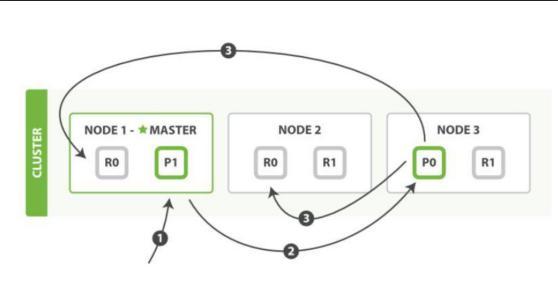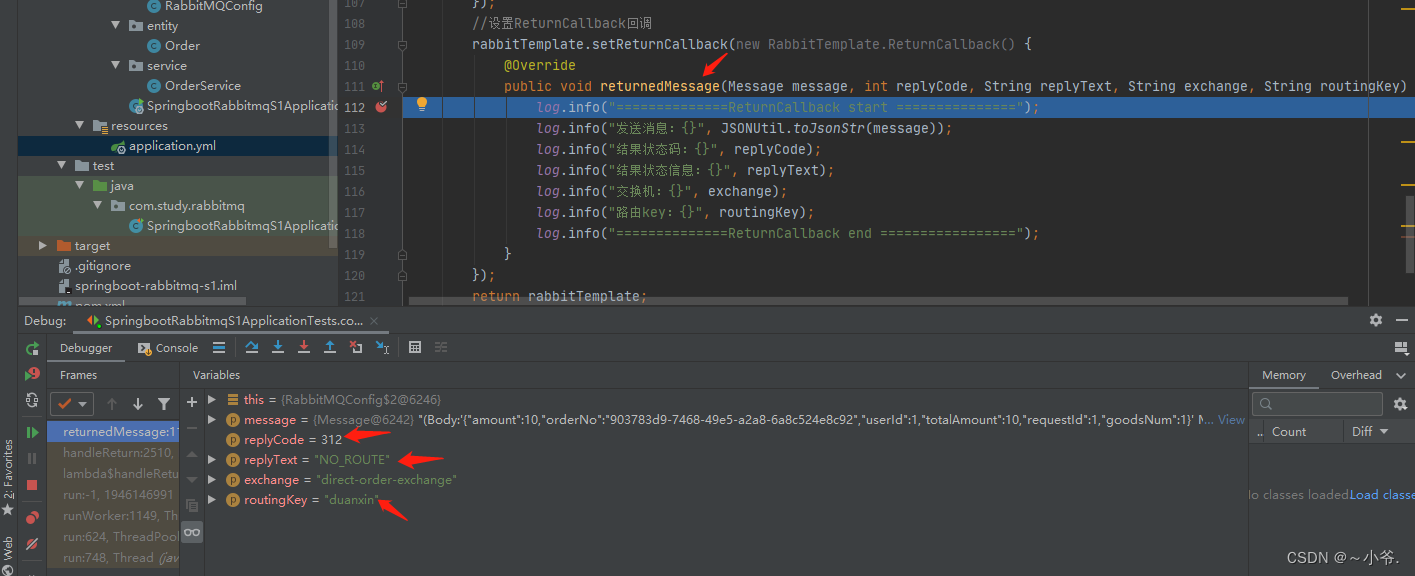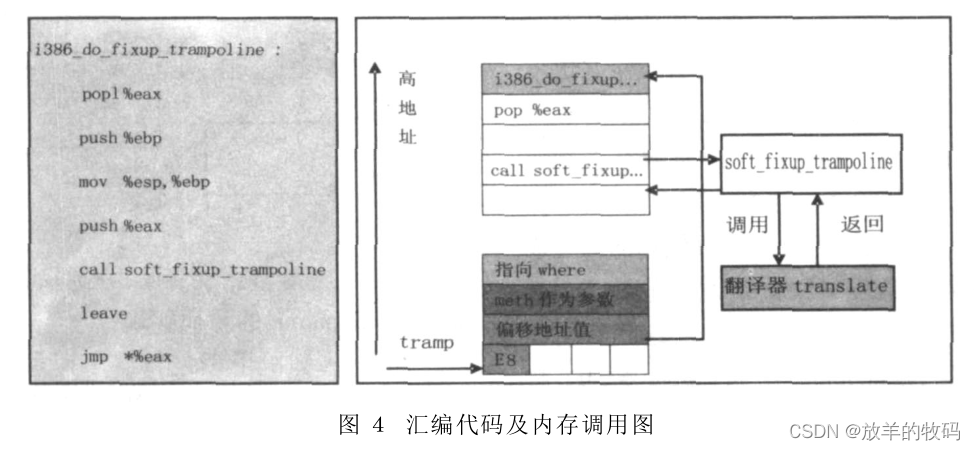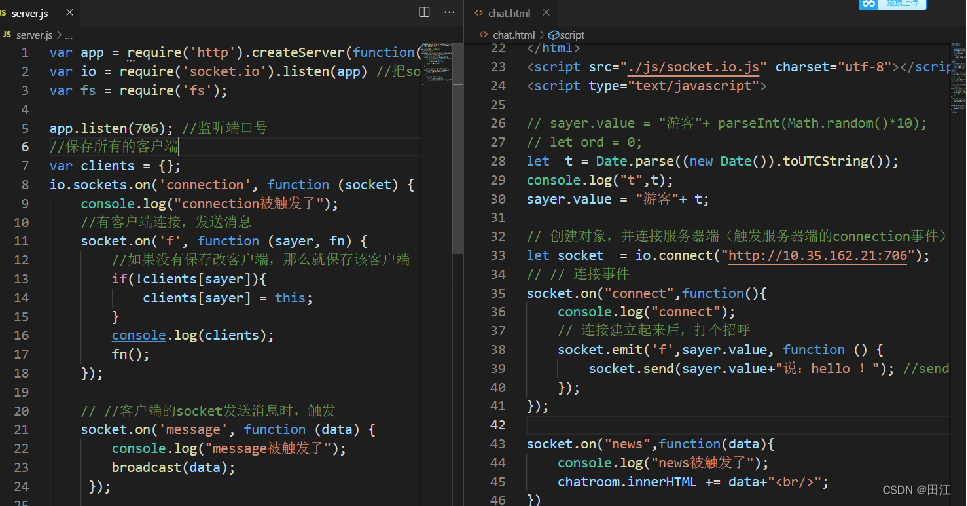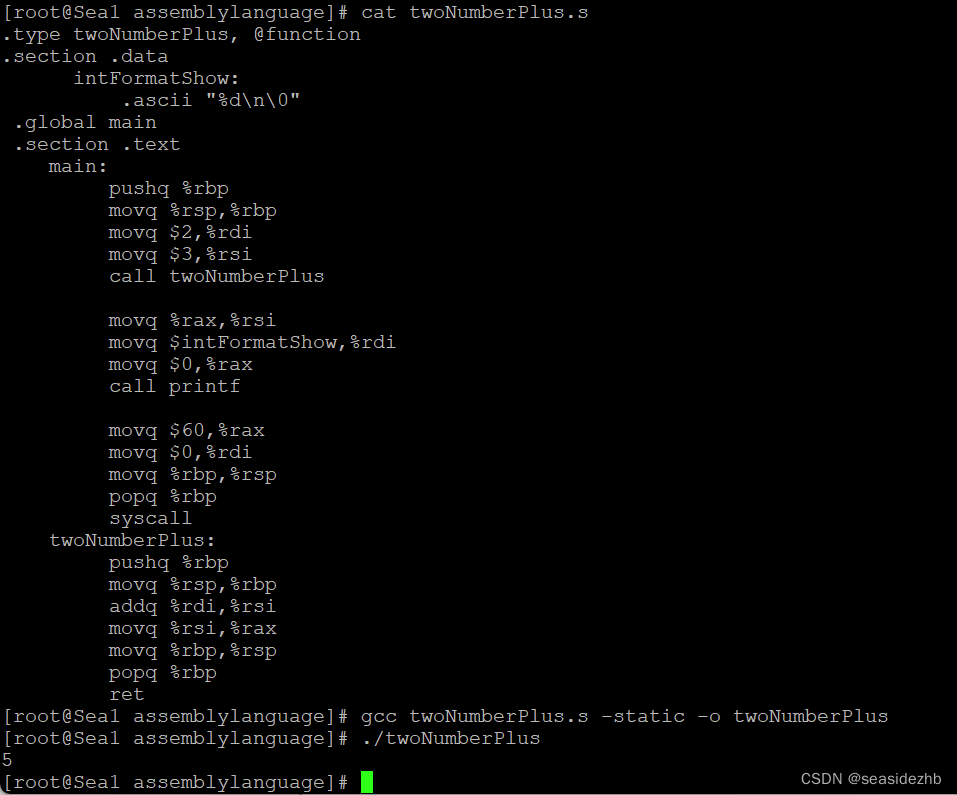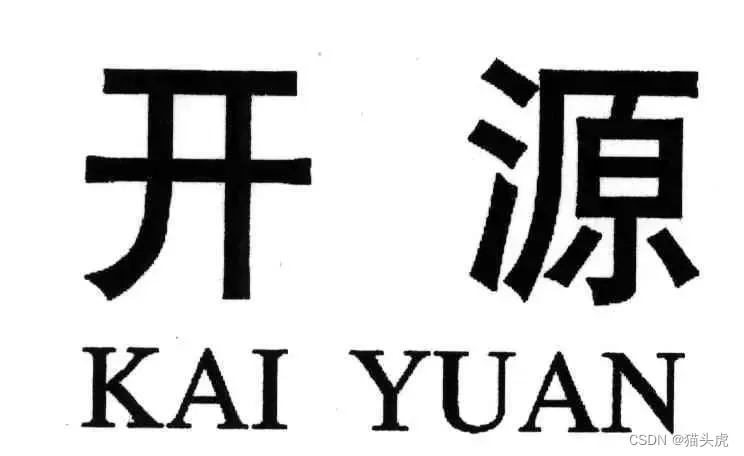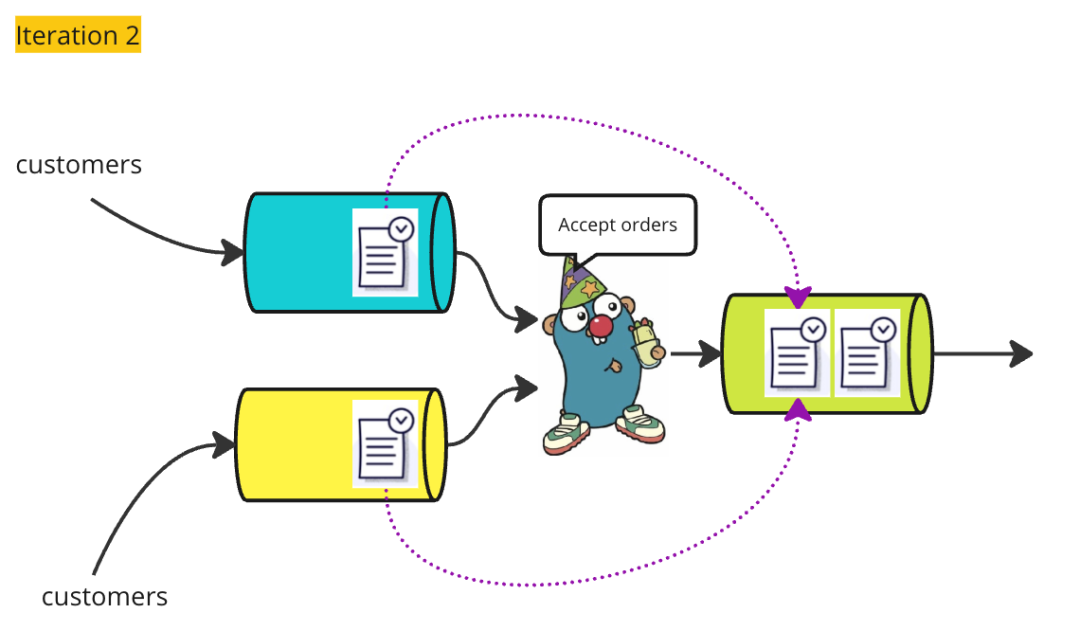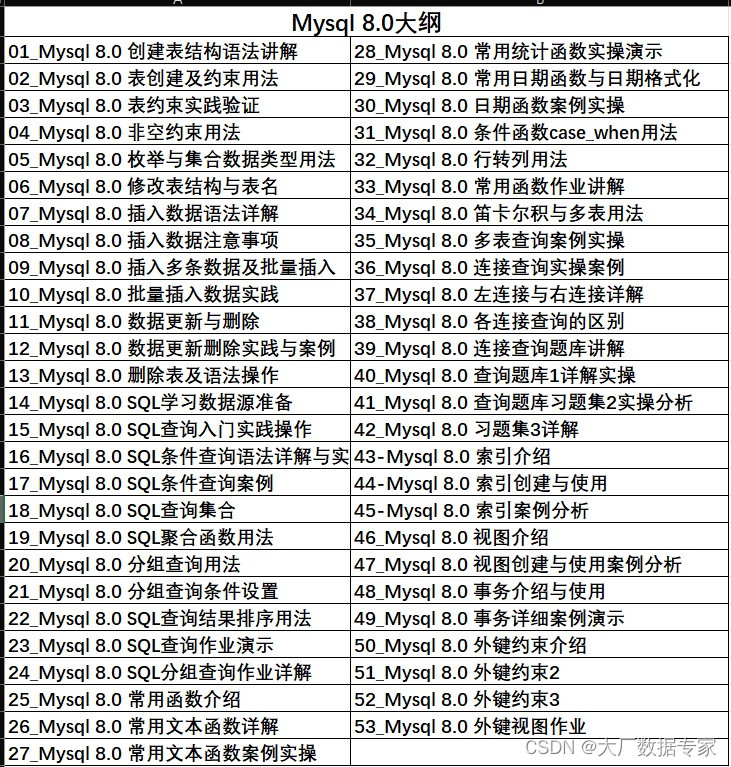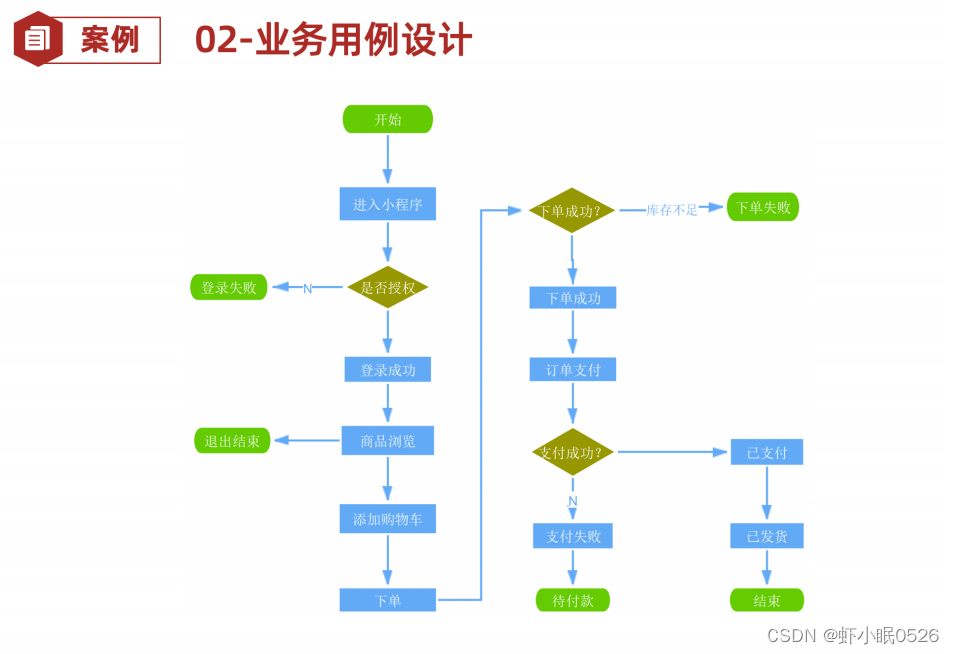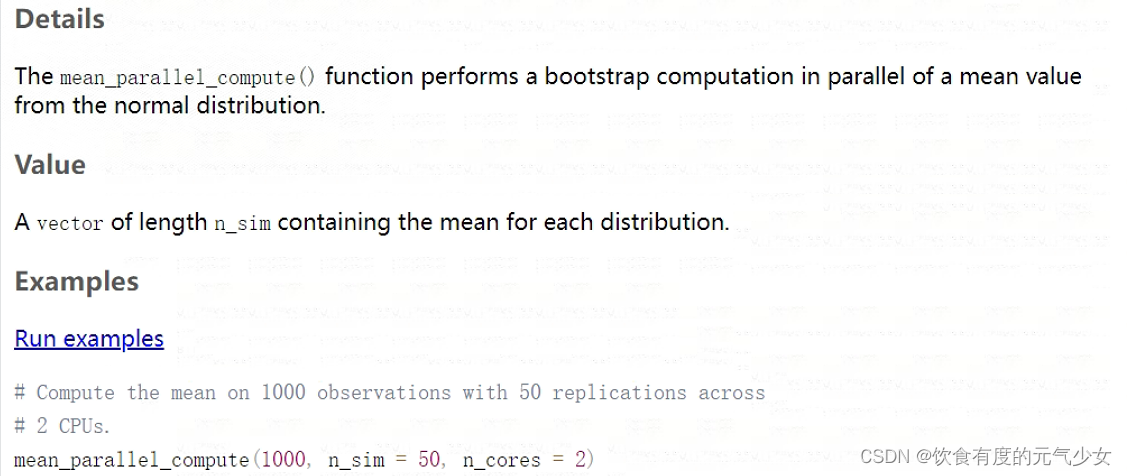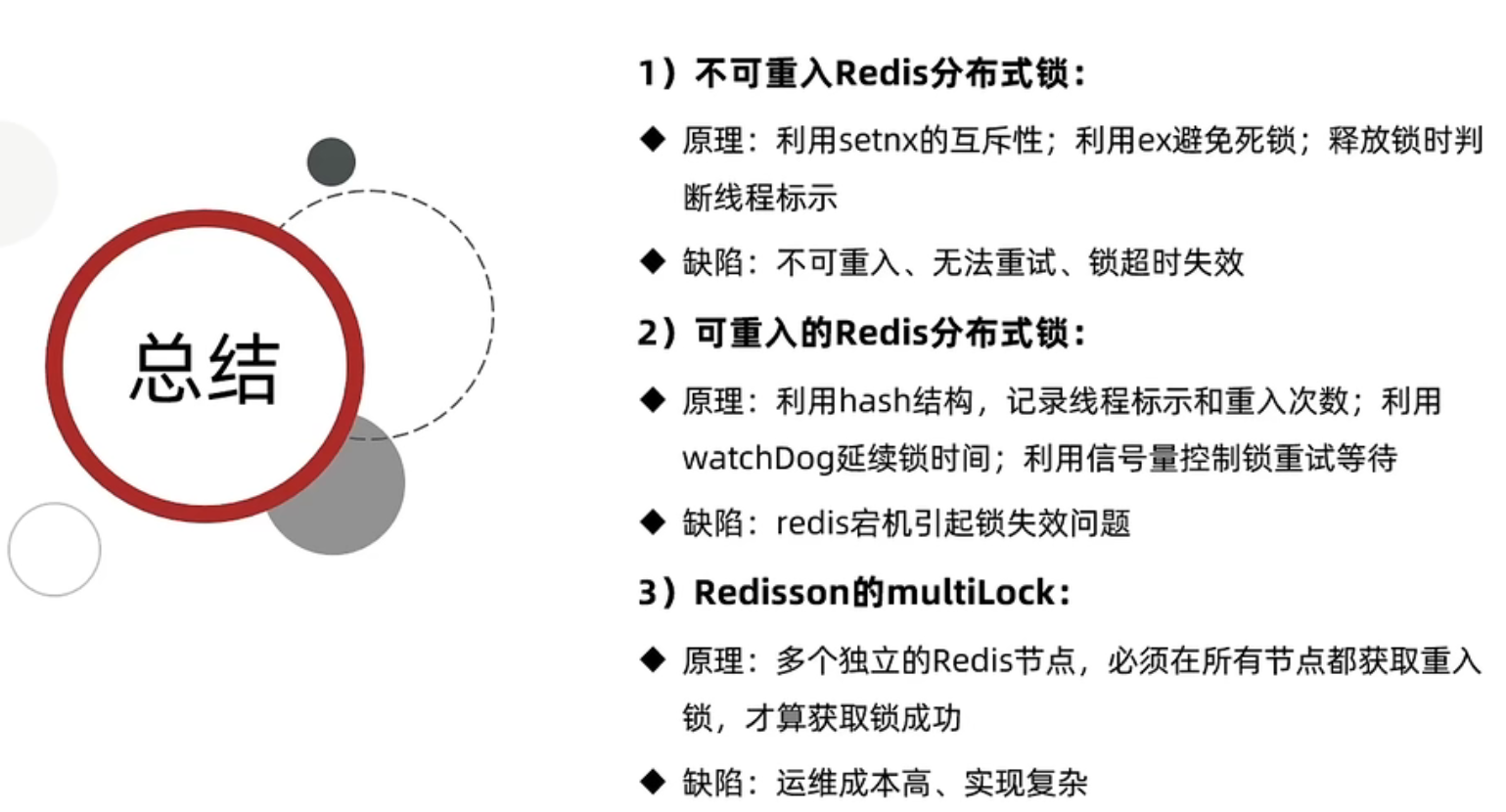深入理解 C++ 中的 std::cref、std::ref 和 std::reference_wrapper
在 C++ 编程中,有时候我们需要在不进行拷贝的情况下传递引用,或者在需要引用的地方使用常量对象。为了解决这些问题,C++ 标准库提供了三个有用的工具:std::cref、std::ref 和 std::reference_wrapper。这篇文章将深入探讨这些工具的用途、区别以及实际应用。
此外,我们知道Rust语言中,经常实现了Unwrap方法,在C++中如何实现?
这就参考Apache arrow的代码了,有这么一段:
std::optional<std::reference_wrapper<const TransportStatusDetail>>
TransportStatusDetail::Unwrap(const Status& status) {
std::shared_ptr<StatusDetail> detail = status.detail();
if (!detail) return std::nullopt;
if (detail->type_id() != kTypeId) return std::nullopt;
return std::cref(arrow::internal::checked_cast<const TransportStatusDetail&>(*detail));
}随后我们便可以通过这样调用,提取出Status中实际的TransportStatusDetail。
Status status(transportDetail);
auto result = Unwrap(status);下面来从几个方面看看,最后给出整个Demo代码。
1. std::cref:创建常量引用
std::cref 是一个模板函数,用于创建对常量对象的引用。它返回一个 std::reference_wrapper 对象,可以在需要引用的地方使用。这在函数参数传递中特别有用,因为它允许我们在不进行拷贝的情况下传递常量对象,同时保持引用的语义。
示例:
#include <iostream>
#include <functional>
void printValue(const int& value) {
std::cout << "Value: " << value << std::endl;
}
int main() {
int number = 42;
auto crefNumber = std::cref(number);
printValue(crefNumber); // 使用常量引用传递参数
return 0;
}2. std::ref:创建可修改的引用
与 std::cref 不同,std::ref 是一个模板函数,用于创建对可修改对象的引用。它返回一个 std::reference_wrapper 对象,允许我们在需要引用的地方使用,同时允许修改被引用的对象。
示例:
#include <iostream>
#include <functional>
void modifyValue(int& value) {
value *= 2;
}
int main() {
int number = 42;
auto refNumber = std::ref(number);
modifyValue(refNumber); // 使用可修改的引用作为参数
std::cout << "Modified Value: " << number << std::endl;
return 0;
}3. std::reference_wrapper:引用的包装器
std::reference_wrapper 是一个模板类,用于包装引用,使其能够在容器中存储或以引用的形式传递。它提供类似引用的语法,并且可以与标准容器一起使用,因为容器无法直接存储引用。
示例:
#include <iostream>
#include <vector>
#include <functional>
int main() {
int number1 = 42;
int number2 = 73;
std::vector<std::reference_wrapper<int>> numbers = {std::ref(number1), std::ref(number2)};
for (auto& num : numbers) {
num.get() += 10; // 修改原始对象的值
}
std::cout << "Number 1: " << number1 << std::endl;
std::cout << "Number 2: " << number2 << std::endl;
return 0;
}在这个示例中,std::reference_wrapper 允许我们将引用包装在容器中,然后通过 get() 方法来访问和修改原始对象的值。
4.Unwrap Demo
这里给出具体的代码段,其完整代码参见知识星球内容。
std::optional<std::reference_wrapper<const TransportStatusDetail>> Unwrap(const Status& status) {
std::shared_ptr<StatusDetail> detail = status.detail();
if (!detail) return std::nullopt;
if (detail->type_id() != kTypeId) return std::nullopt;
return std::cref(static_cast<const TransportStatusDetail&>(*detail));
}
int main() {
// 创建 TransportStatusDetail 对象
std::shared_ptr<StatusDetail> transportDetail = std::make_shared<TransportStatusDetail>();
// 创建 Status 对象并传入 TransportStatusDetail 对象
Status status(transportDetail);
auto result = Unwrap(status);
if (result) {
const TransportStatusDetail& detail = result.value().get();
// 使用 detail 进行操作
std::cout << "TransportStatusDetail found." << std::endl;
} else {
std::cout << "No valid TransportStatusDetail found." << std::endl;
}
return 0;
}欢迎一起探讨C++那些事,更多项目/内容,欢迎加入知识星球。

